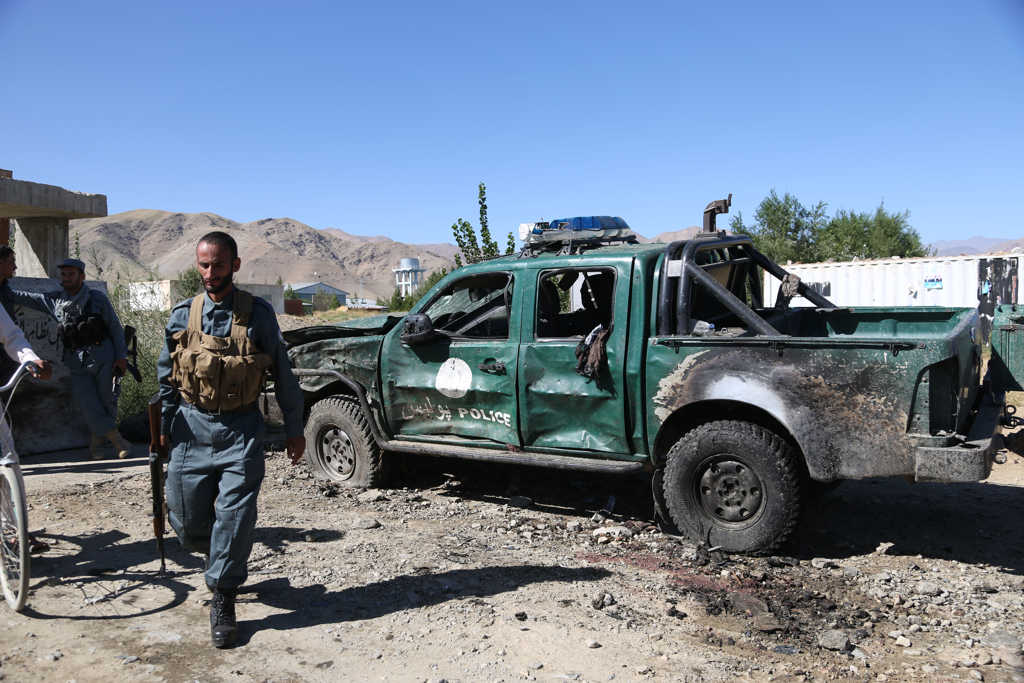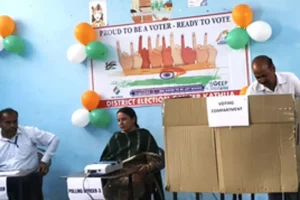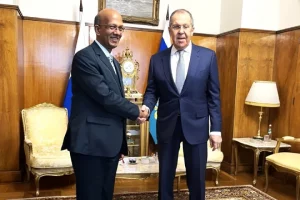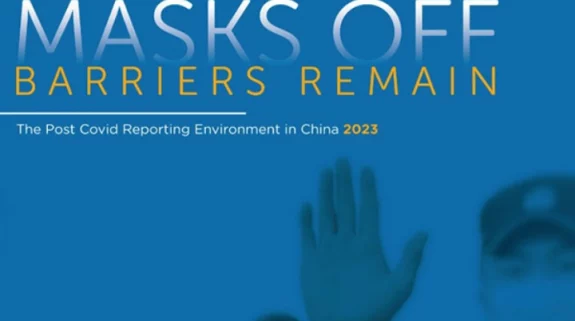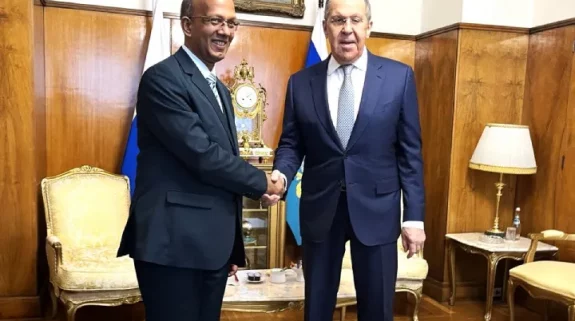There was a sharp rise in civilians killed and injured in Afghanistan after the peace negotiations started in September, according to a report released today by the UN Assistance Mission in Afghanistan (UNAMA) and the UN Human Rights Office.
For a seventh consecutive year, UNAMA documented more than 3,000 civilians killed in a single year, with Afghanistan remaining among the deadliest places in the world to be a civilian.
However, the overall number of civilian casualties for 2020 was lower than the previous year in because the figure had fallen during the Jan-Sept period.
The attacks by anti-government elements mainly used improvised explosive devices and caused more than 100 civilian casualties in Kabul alone.
The report documents the appalling level of harm inflicted on civilians and traces the disturbing spike in violence against them in the last quarter of the year.
Women, children worst hit
A distressing feature of the conflict remains the shocking and disproportionate impact on Afghan women and children. They make up 43 per cent of all civilian casualties: child casualties numbered 2,619 (30 percent) and women 1,146 (13 per cent). More women were killed in the conflict in 2020 than any year since UNAMA began systematic documentation in 2009. In total 1,150 women and children were killed (390 women and 760 children).
Alongside the overall increase in violence, as the year ended, the population was confronted with a spate of targeted killings, referred to by many as “assassinations”, including civilians from the media,
civil society, judiciary and the civilian government administration, as well as family members of combatants.
Afghanistan Peace Negotiations, that began between representatives of the Islamic Republic of Afghanistan and the Taliban in Qatar on 12 September, failed to alleviate the scale of civilian harm, a key indicator of violence levels. Instead, there was an escalation of violence with disturbing trends and consequences.
The UN Assistance Mission in Afghanistan (UNAMA) has found that anti-government elements deliberately and knowingly targeted civilians throughout the holy month of Ramadan, the statement said.
“Ultimately, the best way to protect civilians is to establish a humanitarian ceasefire,” said Deborah Lyons, the Secretary-General’s Special Representative for Afghanistan, “Parties refusing to consider
a ceasefire must recognize the devastating consequences of such a posture on the lives of Afghan civilians.”
The Taliban meanwhile reacted to the report and said: ”We reject such incomplete reports based on incorrect information.”
On Monday, Afghan President Ashraf Ghani in the 46th regular session of the UN human rights council said that recent violence against Afghans is an indication of a systematic onslaught.
“The recent wave of violence against our people, civil and civic institutions, from human rights and civil society organizations to the media, judicial, civil service and security organizations to farmers
and traders are indications of a systematic onslaught against our society,” Ghani said.
Pakistan hand in violence
Afghan Vice President Amrullah Saleh, who has survived several assassinations last year by the Taliban, has accused Pakistan of supplying thousands of improvised explosive devices (IEDs) to Taliban to carry out attacks even as peace talks between Taliban and the Afghan government are resuming in Doha on Tuesday.
Saleh accused Pakistan of harbouring Taliban and other groups who target Afghanistan forces. He said that the Pakistan army intelligence agencies are supplying imported Chinese drills to the terror groups. He said that Pakistan’s motives are very clear. Pakistan wants Taliban groups to wreak havoc and destabilise Afghanistan.
Afghanistan has called on Pakistan to compel the Taliban to fulfil their commitments to reduce violence and to agree to a ceasefire after the Biden administration said it would review its agreement with the militant group in the wake of a spike in violence.
“The Taliban have not only failed to live up to their commitments to reduce violence and move toward a comprehensive ceasefire, but have escalated the violence to an unprecedented level, carrying out targeted killings and creating new challenges to meaningful negotiations and lasting peace,” the Afghan foreign ministry said in a statement.
The U.S.-Taliban deal has reduced the number of American forces in the country to 2,500 from nearly 13,000 a year ago in return for insurgent counterterrorism guarantees and pledges to find a negotiated settlement with Afghan rivals to the country's long war.
The Biden administration, however, has decided to review the pact made under the Trump administration to determine whether the Taliban has and is also living up to its commitments.
The Taliban warned the US against abandoning the February 29 deal, saying leaving the agreement “will lead to a dangerous escalation” in the Afghan war.






